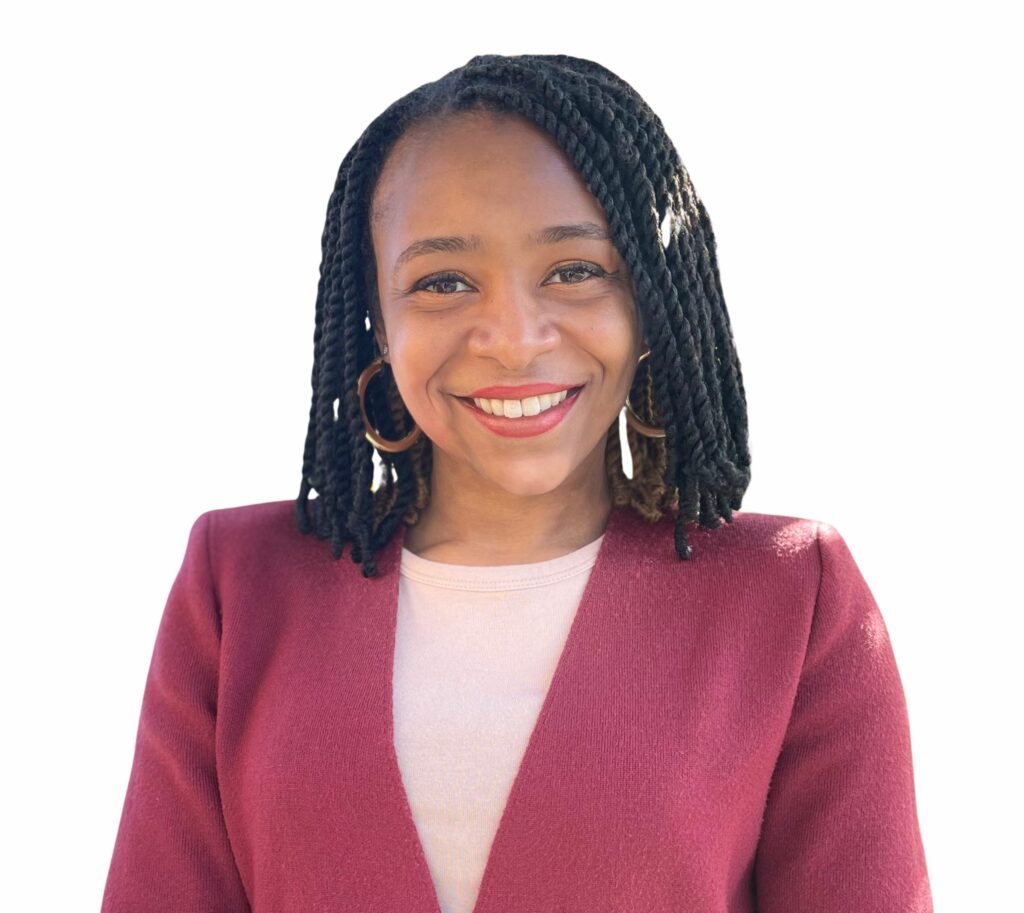When one door closes, another one opens. When one year closes, another one begins and opens the door to opportunities, renewed aspirations, and deeper reflections. I have always been on the fence about setting New Year’s resolutions. I like the reflection process and love the momentary “resolution high” of visualizing completion of said resolutions. And yet, I find myself fearing how I’ll feel in a few months if/when I don’t meet that goal. Still, I can’t help getting into the spirit of new years resolutions. Each year I’ll set a few quantifiable goals (e.g., lose X pounds, read X books, complete X house projects) as well as a few intangible goals to “do more of [this] and less of [this],” or something like “be more [insert personal development descriptor here].” It’s hard to judge if I come close to achieving those intangible goals (assessment, amiright?). Over the last few months, I’ve been starting to wonder that maybe it’s not about achieving said goals. Maybe instead, those resolutions are guiding lights that lead one to a higher and deeper level of self-understanding, perhaps even greater self-love and appreciation.
Personally and professionally, one of my annual goals always centers around overall growth with themes of confidence, resilience, and self-love. 2021, and in particular the last few months, gave me a couple of tests to see just how far I’d come towards reaching (or at least getting closer to) the year’s growth goal. In the last month, I found out that not just one but TWO of the students I had been working with were short credits for graduation. I was beside myself when I found out about the first situation and nearly numbed to tears when I found out about the second student. I’ve been in advising/coaching for nearly eight years and managed to live an advisor’s professional nightmare not once but TWICE in the same month. After some choice words to myself, a few tears, and a long sip of coffee, I refocused and asked myself: what can I do to move forward from this? Specifically, what can I do right now to support these students in moving forward?
I turned to my network of colleagues for support and clarity, as well as the tools at my fingers. I reached out to folx in our Registrar’s Offices, double and triple checking on what was missed/confirmed in the graduation audits. I connected with program management and academic directors to clarify any and all options. I leaned on my supervisor for her thoughts on the matter. Additionally, I confided in a few of my fellow coaches, getting their thoughts on the situation overall. In the midst of my shame, I found clarity in the policies. I found some system discrepancies that provided learning moments for all involved. I felt supported (instead of shamed, as I originally anticipated) among those in leadership and management. And I felt powerful empathy from my fellow coaches, those closest to the work I do. It was as if my network was rallied around me with a virtual hug to say, “this is unfortunate, what can we do next.” We managed to work through both situations together and I was able to communicate the news with the student with a clear mind, an open heart, and a narrowed focus on being present and beside the student navigating the news.
While I can’t say that either situation was enjoyable, I can’t deny how powerful each situation was. I was able to set aside my shame and focus on what I could do about this, both to move forward and make the student feel supported in a tough situation. I was able to let down my guard, be vulnerable, and yet not personalize either situation. I could see with clarity (after some digging) what led to each error, leading me away from a place of blame/shame and pivoting to make this right for the student. Both situations were challenging and yet thankfully, both situations turned out okay…maybe more than okay. Having been a near lifelong self-shamer, the “old me” probably would have sunk into a hole of self-pity and frustration, wondering what the heck I was thinking/doing and that maybe I wasn’t cut out for what I thought I was. I certainly stood on the edge of that hole but managed to walk away. Having meaningful resolution for each student’s situation was a win in and of itself. Walking away from the self-pity cliff and embracing the connection and support from the professional community around me, as well as the support, affirmation, and grace from myself felt like an achievement of a lifetime.
In a time where we must rely heavily on our WiFi network connection, we must also nurture the connection within the network around us: with our loved ones, inside and outside of our home; with our friends near, far, and only a few phone buttons away; with our colleagues, both close to and further away from our daily work; and equally important, that connection within ourselves that aches to take care of our best selves even in the toughest of times. I share my “shame” story here not only because it truly was a personally pivotable moment for me but also because I know I am sharing within a safe space for connection and support. The WACADA community and family is one that keeps us all connected and anchored together, focused on bettering ourselves with each connection or conference session while continuing to grow in our work to support students in their similar pursuits toward their best selves.
Sending healthy and warm wishes for nourished connections both in and outside of WACADA in 2022.
Danielle Stertz
WACADA President-Elect
**Shameless plug** In the spirit of new years resolutions, one of my 2021 resolutions was to read 21 books. I am proud to share that I was able to read/listen to almost 50 books! A couple are still in progress. One of my favorite books of 2021 and in spirit of connection and resilience is Rejection Proof by Jia Jiang. The author describes how he found himself is a very fragile place, personally and professionally, after experiencing a large-scale rejection in his career, and becoming nearly immobilized by the fear of failure. He describes his journey and his self-made mission to experience 100 days of rejection. What could otherwise sound like 100 days of “cringe” is a beautiful story of resilience, discovering one’s strengths, overcoming the fear of failure (rejection), and most importantly, working through a failure/rejection to reach an important place of self-actualization. I could read it over again and may need to in 2022!





About The Author: WACADA
More posts by WACADA